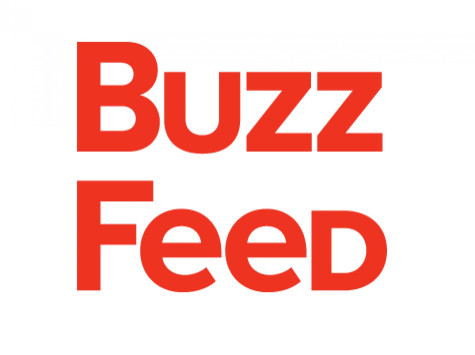BuzzFeed In Hot Water Over Hatchet Job On Oatmeal Cartoonist

A hit piece by the viral news website BuzzFeed backfired on Monday after its target publicly pointed out a major factual error that rendered its thesis untenable.
The attempted exposé, written by BuzzFeed contributor Jack Stuef, was aimed at the crude-but-hilarious cartoonist Matthew Inman, creator of the popular online cartoon site The Oatmeal. In it, Stuef purports to expose Inman as a “hard-edged” Republican and, essentially, a hypocrite. The problem is, Stuef based his argument largely on information gleaned from a social media profile that didn’t actually belong to Inman.
In an impassioned rebuttal, Inman posted a screenshot of the BuzzFeed article and, using a bright-red cartoon font, responded point by point to all factual errors he believed Stuef had made, ultimately blasting the piece as “so blatantly wrong it borders on being libelous.” His notes included comments such as “I didn’t create this profile” and “this is not me” with an arrow pointing to a photo of the profile’s apparent owner.
“This is pageview journalism,” Inman wrote. “This is character assassination.”
Then, in an even bolder turning of the tables, Inman followed up his rebuttal with a large picture of Stuef and wrote, “I can do it, too.” Then he reposted a joke Stuef had made last year that forced him to leave his job as an editor for the website Wonkette. The joke in question poked fun at Sarah Palin’s toddler son, Trig, who has Down syndrome. A backlash erupted and Stuef subsequently left the company.
“Maybe just stop being a writer, you bitter, uninspired, bottom-feeding ass,” Inman concluded.
The rebuttal exploded on Twitter Tuesday, with fans of the cartoonist joining in criticizing Stuef for apparent shoddy reporting and a snarky article that read like an intentional hatchet job. BuzzFeed quickly revised the article, but as with so many online snafus captured via screenshot these days, the damage was already done.
Responding to the incident to GigaOM’s Jeff John Roberts, BuzzFeed’s editor, Ben Smith, said the site deeply regretted the article’s “major factual error,” but he stopped short of offering a bona fide apology.
Roberts said that’s not good enough. “BuzzFeed’s growing stature means it deserves a few minutes over the coals,” he wrote. “The site made its name with funny cat pictures but is now a major force in serious media. In the last year, it has partnered with the New York Times to cover political conventions and launched New Yorker-style long-form journalism. If BuzzFeed wants to enjoy the prestige of those publications, it will have to do a better job of owning its mistakes.”
Roberts wrote that Smith could not say whether BuzzFeed would continue to let Stuef contribute.
Correction: An earlier version of this story identified the editor of BuzzFeed as Ben Stein. The editor is Ben Smith.
© Copyright IBTimes 2025. All rights reserved.






















